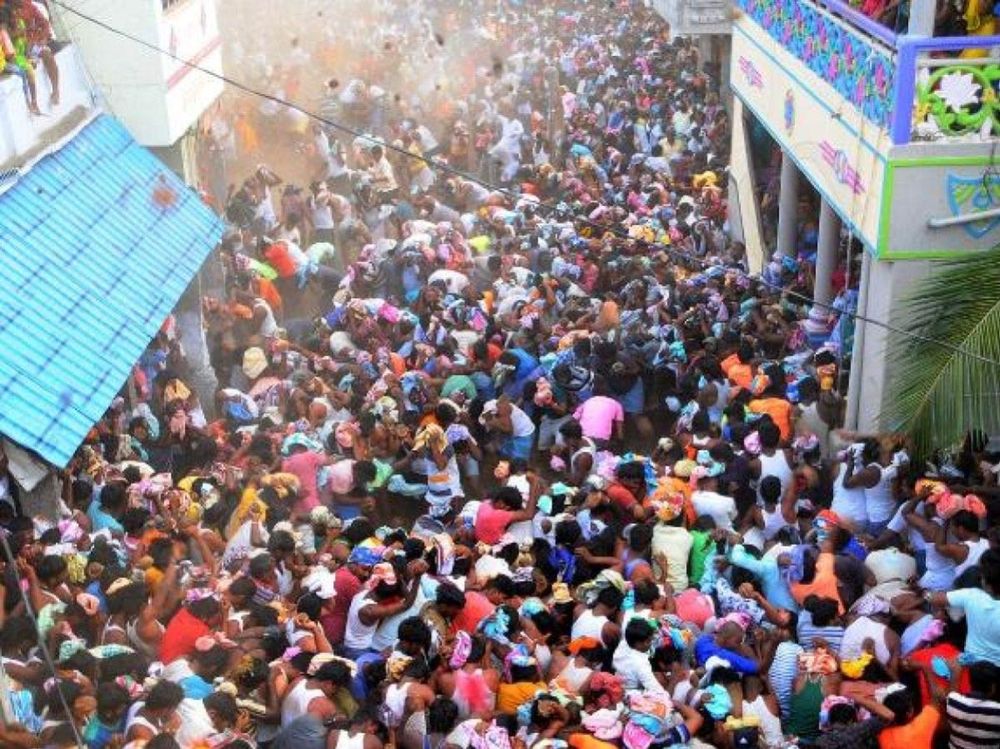The Hindu new year or Baisakhi is celebrated throughout India in mid-April. The celebrations vary across states and from culture to culture, but the roots are the same. Baisakhi is a celebration of spring harvest, signifying the completion of the harvest season and the abundance of crops ready for sale. During this time, people visit local temples and gurdwaras, participate in community fairs, and hold special thanksgiving pujas. It is an occasion to reunite with friends and family, savor special foods, and don new attire.

In the village of Kairuppala, located in the Kurnool district Andhra Pradesh, the Hindu new year is also observed with respect and reverence. Known as Ugadi in this part of the country, festivities begin with a thorough cleaning of the house, followed by the artful creation of vibrant rangoli patterns on the floor and adorning entrances with strings of mango leaves. Family members indulge in oil massages and take special baths. Women prepare delectable delicacies that are enjoyed together as a family. Visits to temples, acts of charity, and exchanging new clothes with friends are customary.
The celebrations spill over to the next day where it takes a turn for the weird. The villagers divide themselves into two groups and start hurling cow dung cakes at each other. This is called Pidakala Samaram, or Pidakala War.
This peculiar tradition stems from Hindu folklore, which recounts a dispute before the proposed marriage of the goddess Bhadrakali and the god Virabhadra. It is said that Bhadrakali, displeased by Virabhadra's unexpected advances, threatened to throw cow dung at him if he followed her to the village. Upon Virabhadra's arrival in Kairuppala the next day for their wedding, Bhadrakali instructed the villagers to pelt him with cow dung. Soon Bhadrakali’s and Virabhadra’s supporters began throwing cow dung at each other. Eventually, village leaders intervened, settling the dispute and allowing the marriage between the two deities to take place.
The villagers of Kairuppala partake in this unique tradition, engaging in an annual cow dung fight following Ugadi. Alongside this playful event, the village joyously celebrates the sacred union of Virabhadra and Bhadrakali. Local beliefs hold that the cow dung fight promotes good health for all, while the annual ritual brings prosperity and abundant rainfall to the village.












So the bride did not actually want to marry the groom, but people who should not have a say in the matter decided otherwise.
ReplyDeleteClearly, there was not enough cow dung thrown in the village leaders' direction.